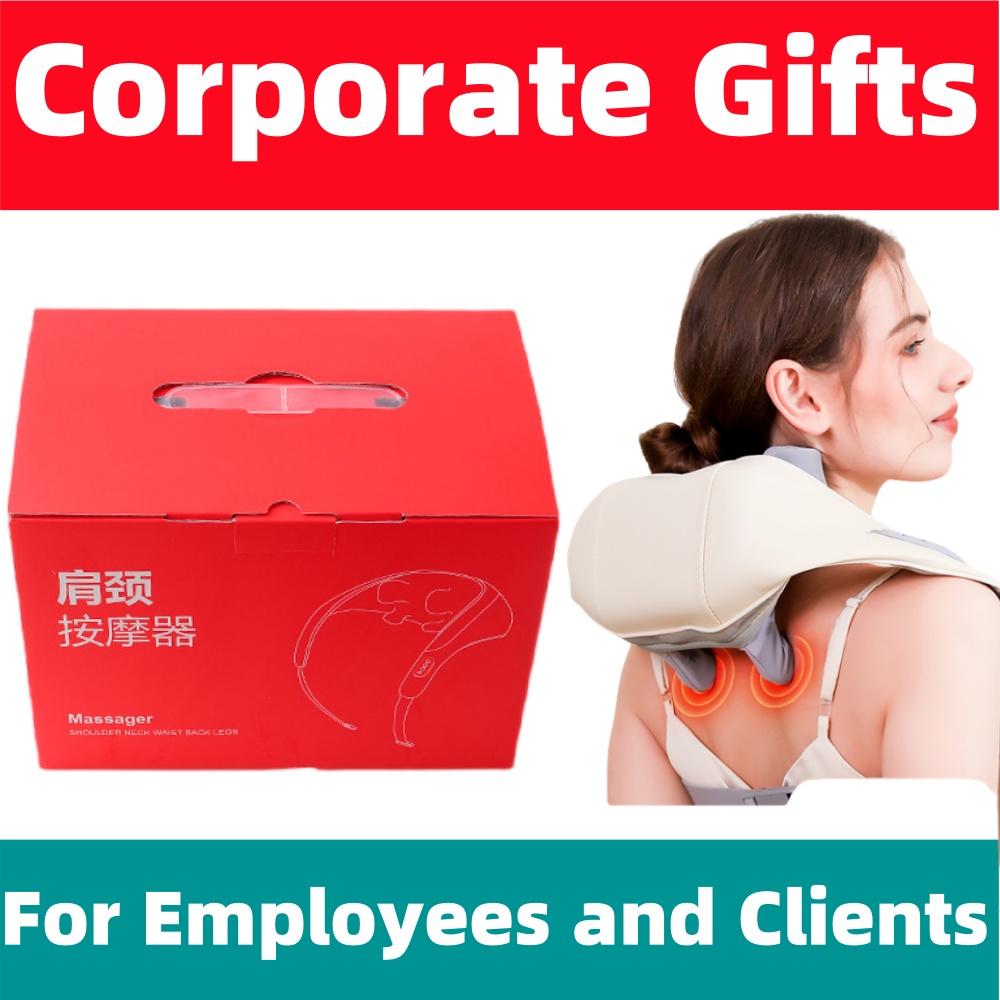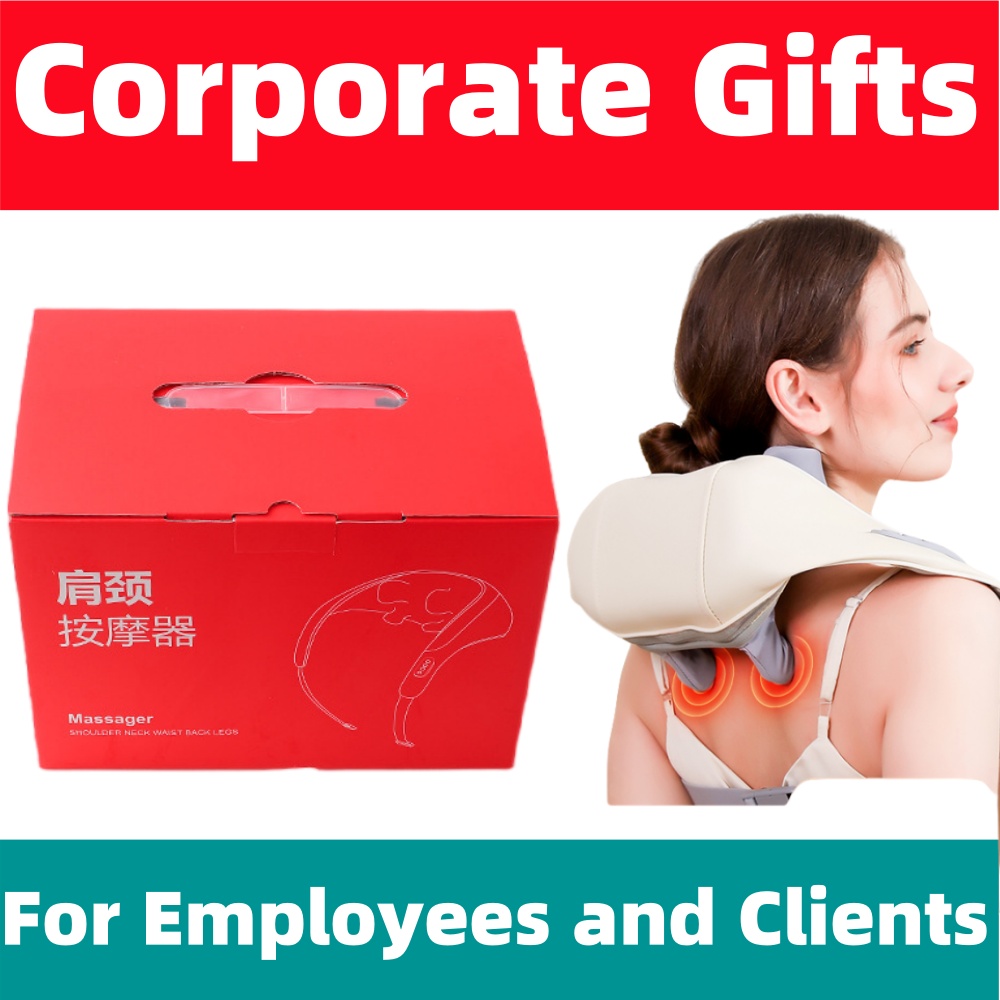The Strategic Value of Company Employee Benefits in Today's Competitive Workplace
In today's dynamic job market, company employee benefits have evolved from standard offerings to powerful differentiators that attract top talent and drive organizational success. Forward-thinking organizations recognize that comprehensive company employee benefits packages do more than meet basic needs—they create competitive advantages by boosting engagement, productivity, and retention.
Why Company Employee Benefits Matter More Than Ever
The modern workforce prioritizes company employee benefits nearly as much as salary when evaluating job opportunities. Recent studies show:
-
80% of employees would choose better benefits over a pay raise (Glassdoor)
-
Organizations with strong benefits programs experience 56% lower turnover (Willis Towers Watson)
-
72% of job seekers consider benefits a deciding factor in job acceptance (SHRM)
These statistics demonstrate how company employee benefits directly impact talent acquisition and retention strategies. Beyond healthcare and retirement plans, today's top performers expect benefits that support holistic wellbeing, career growth, and work-life integration.
Essential Components of Modern Company Employee Benefits
-
Health and Wellness Benefits
-
Comprehensive medical, dental, and vision coverage
-
Mental health support and counseling services
-
Fitness reimbursements and wellness programs
-
-
Financial Security Benefits
-
Competitive retirement plans with employer matching
-
Student loan assistance programs
-
Financial planning resources
-
-
Work-Life Balance Benefits
-
Flexible work arrangements and remote options
-
Generous paid time off policies
-
Family leave and childcare support
-
-
Professional Development Benefits
-
Tuition reimbursement and continuing education
-
Leadership training programs
-
Conference attendance sponsorships
-
-
Lifestyle Enhancement Benefits
-
Subscription services (meal kits, entertainment)
-
Pet insurance and pet-friendly policies
-
Commuter benefits and transportation subsidies
-
The Business Impact of Strategic Company Employee Benefits
Organizations that optimize their company employee benefits packages achieve measurable advantages:
Talent Attraction
-
Companies with above-average benefits receive 3x more qualified applicants
-
68% of millennials rate benefits as a top consideration when job hunting
Employee Retention
-
Strong benefits reduce turnover costs by 40-60% of an employee's salary
-
Benefits satisfaction increases tenure by an average of 2.3 years
Performance Boost
-
Employees with robust benefits packages show 21% higher productivity
-
Organizations with wellness programs report 25% lower absenteeism
Emerging Trends in Company Employee Benefits
Progressive organizations are redefining benefits with:
-
Personalization
-
Flexible benefits allowances
-
AI-powered benefits recommendation engines
-
Modular benefits packages
-
-
Financial Wellness Focus
-
Emergency savings programs
-
Cryptocurrency investment options
-
Debt management resources
-
-
Mental Health Prioritization
-
Meditation app subscriptions
-
"Mental health days" beyond standard PTO
-
On-site counseling services
-
-
Sustainability Integration
-
Green commuting incentives
-
Eco-friendly workplace initiatives
-
Carbon footprint reduction programs
-
Implementing Effective Company Employee Benefits
To maximize impact, HR leaders should:
-
Conduct Regular Audits
-
Benchmark against industry standards
-
Analyze utilization data
-
Identify underused benefits
-
-
Solicit Employee Feedback
-
Annual benefits surveys
-
Focus groups with diverse employees
-
Pulse checks on satisfaction
-
-
Communicate Clearly
-
Multi-channel benefits education
-
Personalized enrollment support
-
Year-round awareness campaigns
-
-
Measure ROI
-
Track recruitment metrics
-
Monitor retention rates
-
Assess productivity impacts
-
The Future of Company Employee Benefits
As workplace expectations evolve, next-generation benefits will likely include:
-
Four-day workweek options
-
Lifetime learning stipends
-
Genomic health testing
-
Virtual reality wellness programs
-
AI-powered career pathing tools
Conclusion
Company employee benefits have transitioned from compliance requirements to strategic investments that deliver measurable returns. Organizations that view benefits as a core component of their employee value proposition—rather than just an operational necessity—gain significant advantages in the war for talent.
By continuously evolving company employee benefits to meet changing workforce needs, businesses can build loyal, high-performing teams prepared to thrive in an increasingly competitive landscape. In the modern economy, a well-designed benefits package isn't just nice to have—it's essential for sustainable organizational success.
Related topics:
Beyond the Paycheck: Unpacking the Anatomy of a Truly Meaningful Employee Reward
How to Personalize Your Tungsten Ring: Inlays, Finishes, and Designs
Are Tungsten Rings a Good Choice? Pros and Cons Explained
The Heft and Feel: What to Expect from the Weight of a Tungsten Ring
The Scratch-Resistant Promise: How Hard Are Tungsten Rings Really?
How to Personalize Your Tungsten Ring: Inlays, Finishes, and Designs







